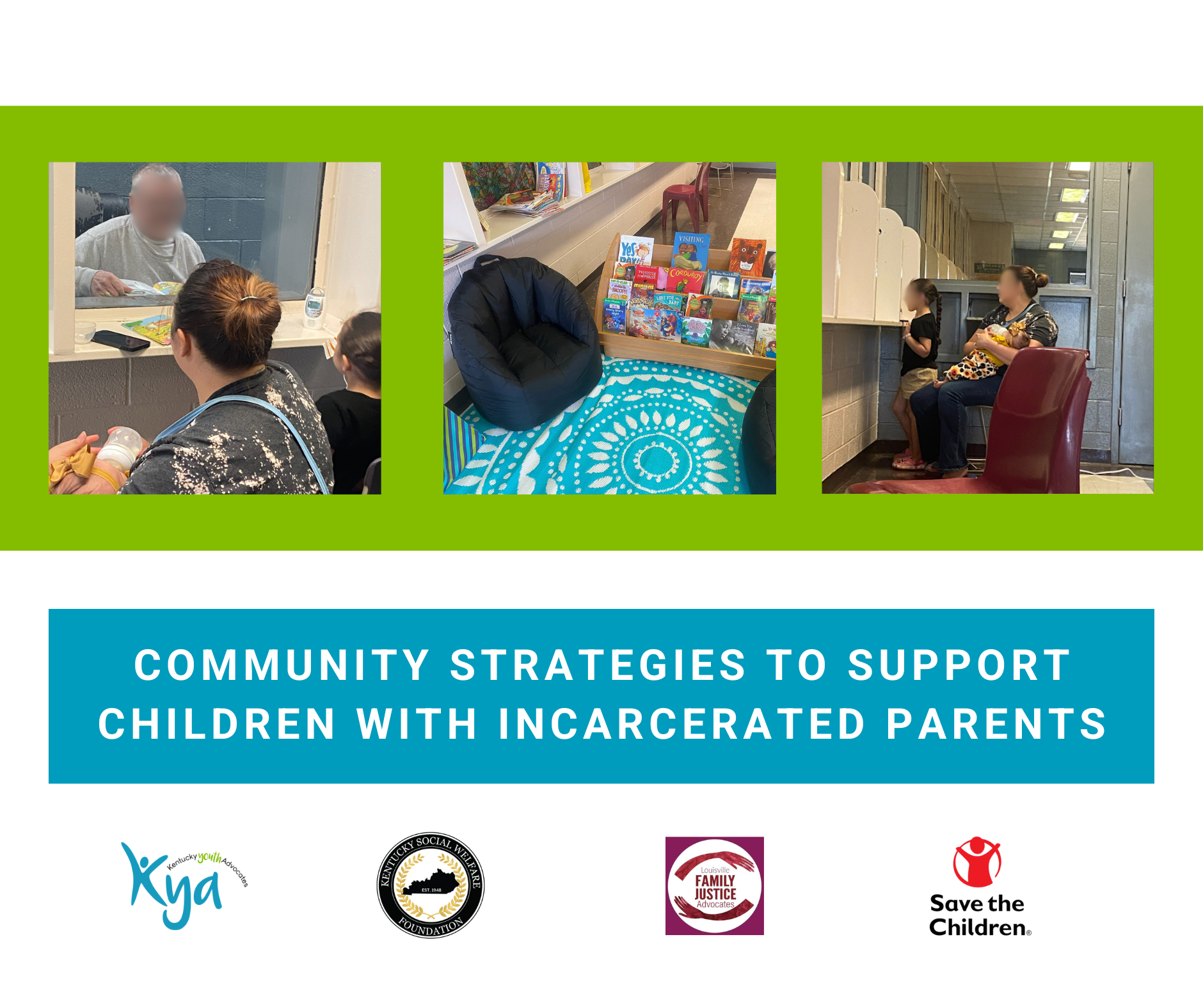 Just imagine. With one commitment – with one behavioral change – with one decision – we could slash the number of newborn babies’ risk of developmental and intellectual disabilities; cerebral palsy; vision and hearing loss; death before that first birthday cake; and sudden infant death syndrome.
Just imagine. With one commitment – with one behavioral change – with one decision – we could slash the number of newborn babies’ risk of developmental and intellectual disabilities; cerebral palsy; vision and hearing loss; death before that first birthday cake; and sudden infant death syndrome.
Generally, when we talk about changing conditions for Kentucky’s kids, the solutions are multi-layered and complex. But not this time. All those risks are implicit when a baby is born at low birthweight and almost one in four Kentucky infants find themselves at that risk. And there is an immediate and direct silver bullet we can apply to change that condition.
If we want to improve the well-being of Kentucky babies by reducing the number born at a low birthweight, then babies cannot be exposed to smoke. This is outlined in a new Blueprint for Kentucky’s Children Issue Brief Clearing the Air for All Kentucky Children.
That is easier said than done. But, what I like is that the solution is a perfect mix of the ways in which conservatives and liberals approach almost any issue.
Part of the solution to pregnant women smoking is personal responsibility. While that cigarette may be addictive, it can be beat – but only when smokers take advantage of available resources to help them stop and then stick to it. So to some degree, we can change the trajectory of Kentucky’s newborn infants through a personal commitment.
On the other hand, there hangs that other phrase – public policy. While personal responsibility is part of the equation, we can help pregnant women – and kids in general for that matter – through a smart public policy – a comprehensive, statewide smoke-free law. That kind of action will reduce the threat of secondhand smoke exposure for unborn infants while it reduces that same risk for children. Smoke-free laws are proven to help reduce smoking during pregnancy. And pregnant women who don’t smoke will not have to make the tough choice of finding another job or exposing their unborn child to secondhand smoke while at work.
If I am a lucky unborn infant or kid, I am one of the 38 percent who live in places that have enacted local smoke-free laws. Unfortunately, those other 62 percent of unborn infants and children drew a short straw and live in communities where the right to smoke is more important than the right to grow up healthy.
We can cut into the more than $1.5 billion Kentucky spends on smoking-related health care costs (Hey, that could be real tax and budget reform!) and protect thousands of Kentucky unborn babies and youngsters. Representatives Susan Westrom and Julie Raque Adams are leading the charge to enact a comprehensive, smoke-free law to cover public places and all indoor workplaces, just as some 24 other states have already done. Let Susan and Julie know that you applaud their leadership and then pick up the phone or send an email to your state Representative and Senator. The question to ask your elected officials: “Which is your priority? Smokers’ rights or children’s health?” It’s really that simple.






Leave A Comment